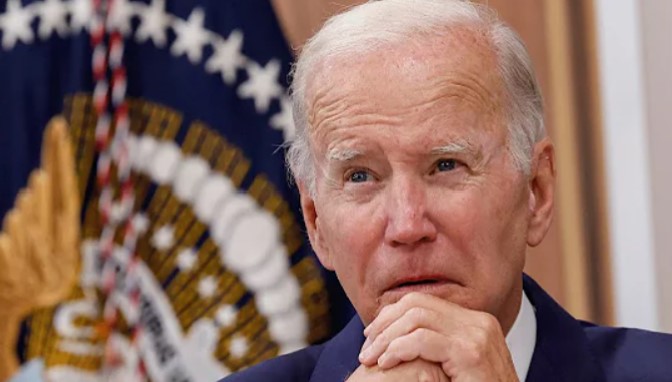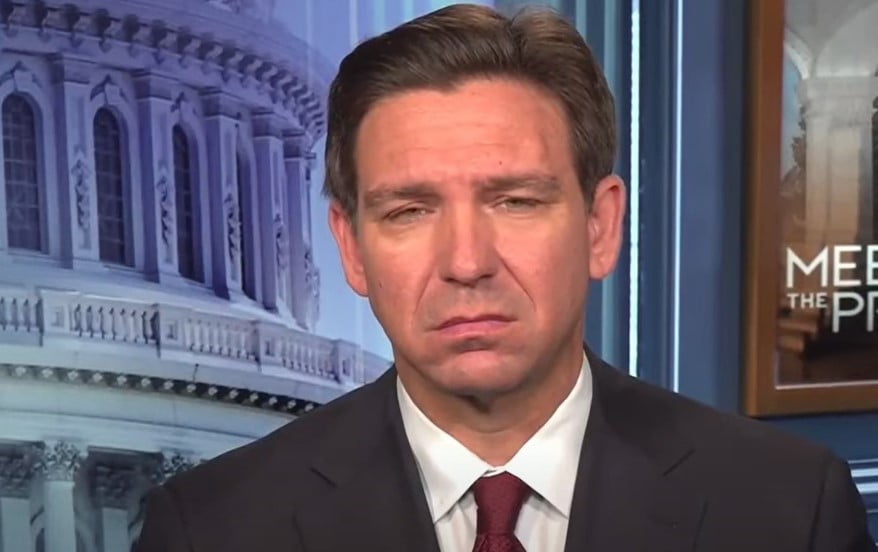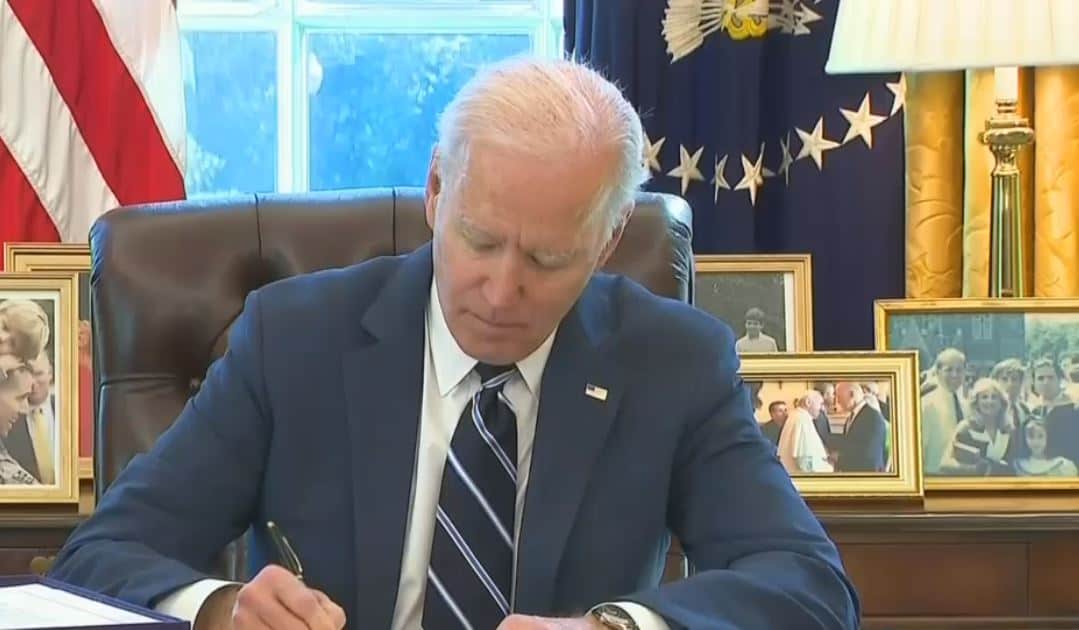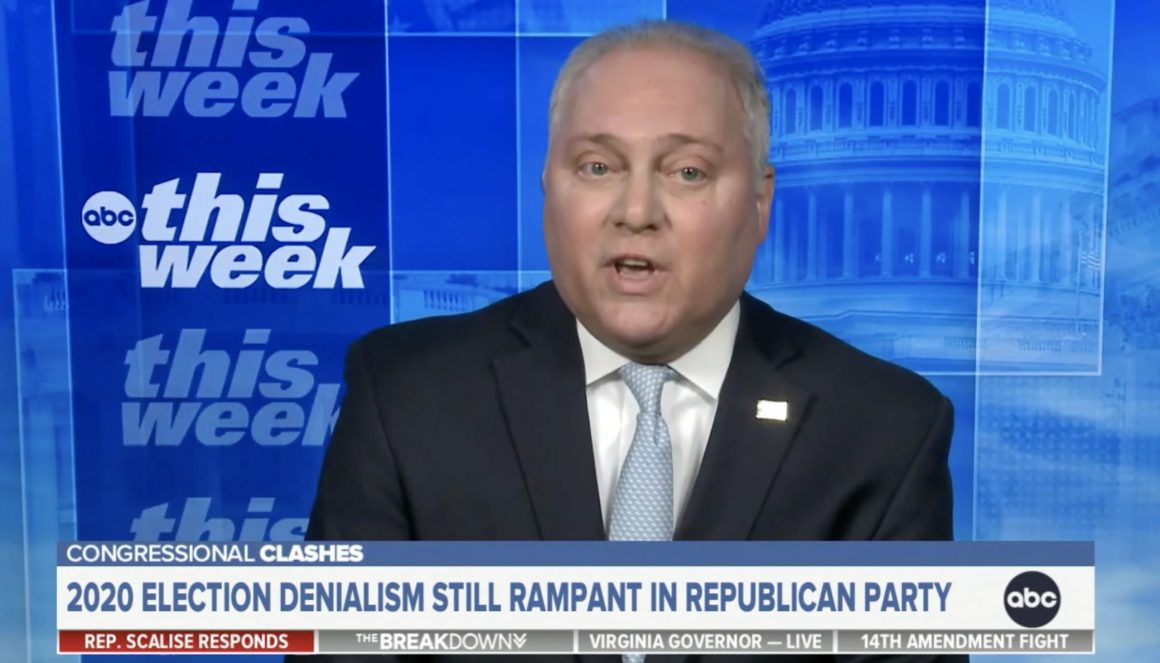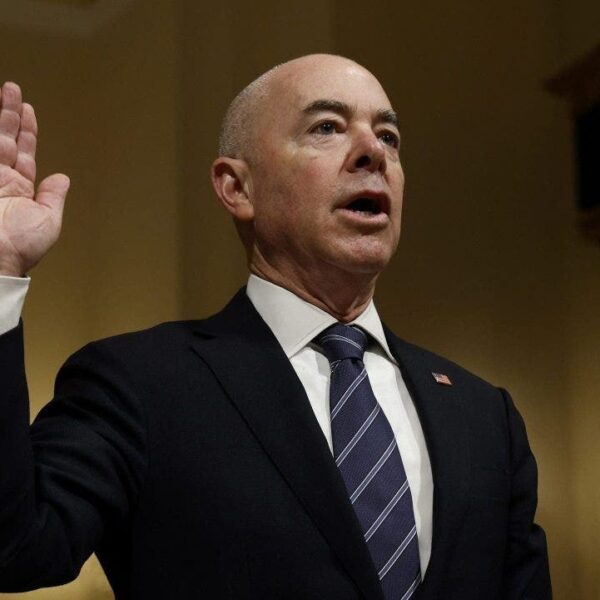President Biden is taking a series of executive steps to strengthen and grow America’s solar industry.
Read: Kristi Noem Is Banned From 20% of South Dakota.
Â
According to a White House fact sheet, the Biden administration will be taking the following actions:
⢠Removal of the bifacial module exclusion under Section 201.
Bifacial solar panels generally used in utility-scale solar projects are not currently subject to safeguard tariffs under Section 201 of the Trade Act of 1974. Since this exclusion was implemented by the previous Administration, imports of bifacial panels have surged, now making up nearly all U.S. solar panel imports and undercutting the effectiveness of the Section 201 safeguard. Today, the Biden-Harris Administration is announcing that it plans to  imminently remove this exclusion, which will offer U.S. solar manufacturers increased Section 201 tariff protection from unfair imports. Importers with pre-existing contracts for bifacial solar modules to be delivered within 90 days of the removal of the exclusion will be able to certify those contracts to continue using the exclusion for that period.
⢠Ending the solar bridge and cracking down on stockpiling. In June 2022,
President Biden initiated a temporary, 24-month bridge to facilitate certain imports from Cambodia, Malaysia, Thailand and Vietnam duty-free to ensure robust deployment while the domestic solar manufacturing base ramped up. Since then, U.S. solar manufacturing and deployment have both grown dramatically. As the President has previously committed, the bridge will end as scheduled on June 6, 2024, and producers in Southeast Asia that have been found to be circumventing antidumping and countervailing duties on solar manufacturers from the Peopleâs Republic of China (PRC) will be subject to those duties. Additionally, in implementing the solar bridge, the Department of Commerce requires that panels imported duty-free must be installed within 180 days to prevent stockpiling. Customs and Border Protection (CBP) has announced that it will vigorously enforce this provision, including by requiring importers to provide to CBP a certification of solar module utilization with detailed information about the modules being deployed.
⢠Monitoring import surges and oversupply. Imports of solar modules from Southeast Asia, where PRC manufacturers have been found to be circumventing antidumping and countervailing duties, have surged over the last year. PRC companies have recently built new capacity in these countries, targeting the U.S. market. The Department of Energy and the Department of Commerce will closely monitor import patterns to ensure the U.S. market does not become oversaturated and will explore all available measures to take action against unfair practices.
⢠Providing additional guidance on the domestic content bonus.
The Inflation Reduction Act contains a bonus tax credit available to developers of clean energy projects
that meet certain statutory requirements for sourcing iron and steel products and manufactured products from domestic producers. Today, the Department of Treasury is issuing further guidance concerning the domestic content bonus to enable more clean energy developers and manufacturers in the U.S. to take advantage of the bonus. While the domestic content bonus is already driving partnerships between developers and manufacturers in the U.S., but stakeholders have raised concerns about challenges in determining eligibility. Todayâs Notice creates a new elective safe harbor that gives energy developers the option of relying on Department of Energy-provided default cost percentages to determine bonus eligibility. Treasury and IRS continue to consider stakeholder comments and plan to issue further domestic content guidance to address issues not in the scope of this , including adding further sectors, including offshore wind, to the new elective safe harbor table and issuing proposed rules for projects using elective pay (sometimes referred to as direct pay). In particular, Treasury and IRS, with DOE and other agencies, continue to evaluate potential options to further the IRAâs goal of incentivizing U.S. solar manufacturing, including solar wafer production.
⢠Supporting technology development to onshore solar wafer and cell manufacturing
g. The Department of Energy is announcing more than $70 million in research and development selections to seed new technologies across the solar supply chain. Funding from the Presidentâs Bipartisan Infrastructure Law will enable new entrants to the solar manufacturing market to establish their technologies and access more capital. The 18 selected projects will address gaps in the domestic solar manufacturing supply chain, including equipment, ingots and wafers, and silicon andthin-film solar cell manufacturing, and open new markets for solar technologies like integrated-photovoltaics and agrivoltaics.
⢠Managing the tariff-rate quota for solar cells under Section 201 to supportexpanded solar manufacturing.
Currently, there is a 5-gigawatt tariff-rate quota for imported solar cells under Section 201. The Administration will closely monitor the level of imported solar cells used to manufacture panels in the U.S. and will work to raise the quota by 7.5-gigawatts if imports approach the current quota level, to ensure domestic module manufacturing continues to grow while manufacturers scale production throughout the supply chain.
National Climate Adviaoe Ali Zaidi said to PoliricusUSA during a call with reporters, “The US is also hitting the accelerator on the deployment of solar last year, a record year for deployment this year. Just the first two months of 2024. Already more than 67% increase year over year. As part of a broader trend that we see in the power sector. 2024 is projected to be the year we put the most new electricity generation capacity on the grid in the United States. It’s also projected to have 96% of those new electrons be generated by clean energy, but behind all of this in the macro context, the investment boom that we’re seeing in the United States is threatened by unfair and nonmarket practices taking place overseas.”
Biden is protecting American jobs and clean energy from the unfair trade practices of the Chinese. The President understands that by protecting solar energy, he isn’t just saving jobs; he is also saving the planet. While Republicans talk about standing up to China, Biden is doing it and, in the process, leading the way to a clearer energy future for the nation.


Jason is the managing editor. He is also a White House Press Pool and a Congressional correspondent for PoliticusUSA. Jason has a Bachelorâs Degree in Political Science. His graduate work focused on public policy, with a specialization in social reform movements.
Awards and Professional Memberships
Member of the Society of Professional Journalists and The American Political Science Association

